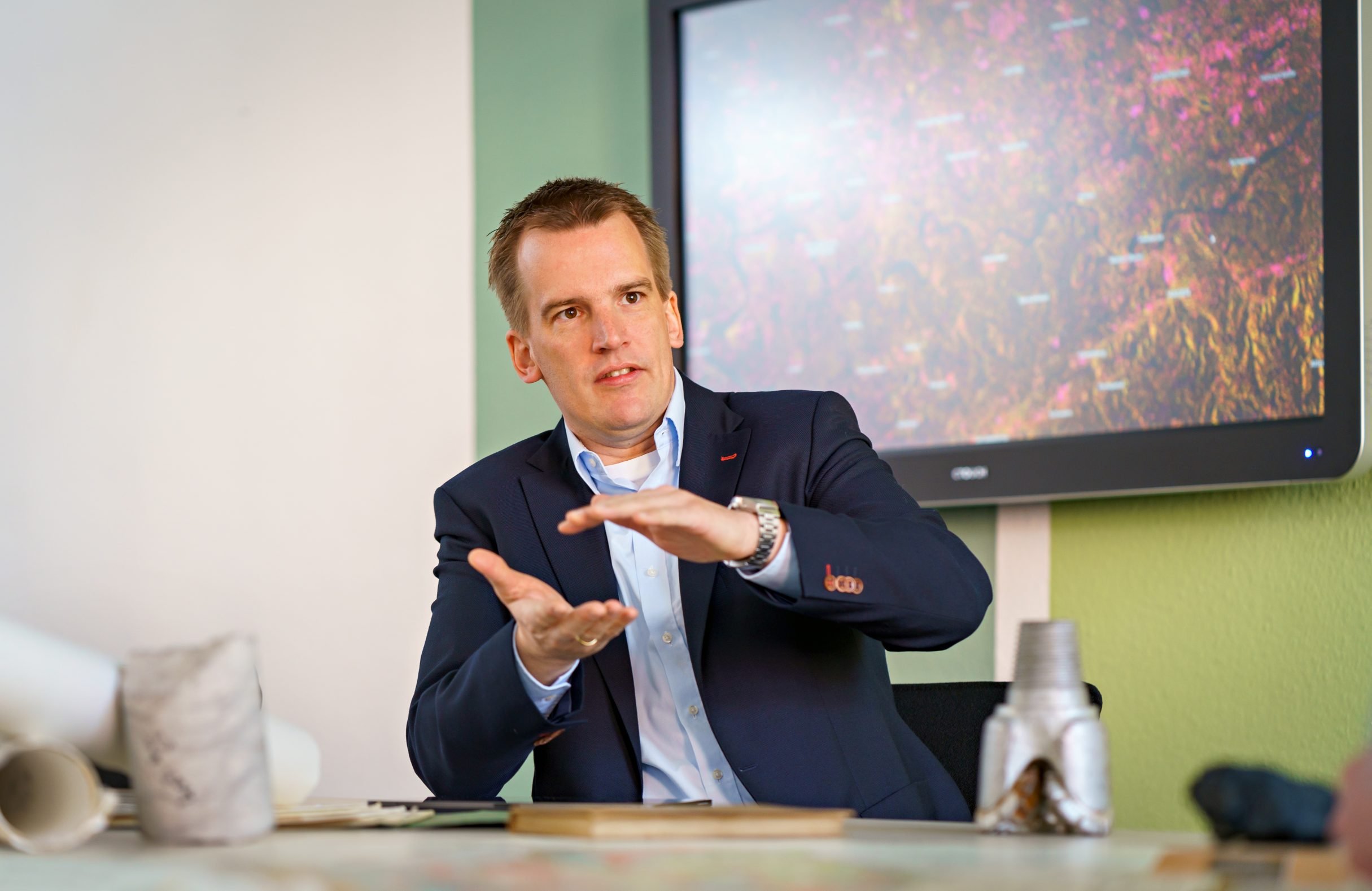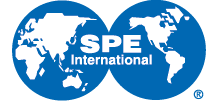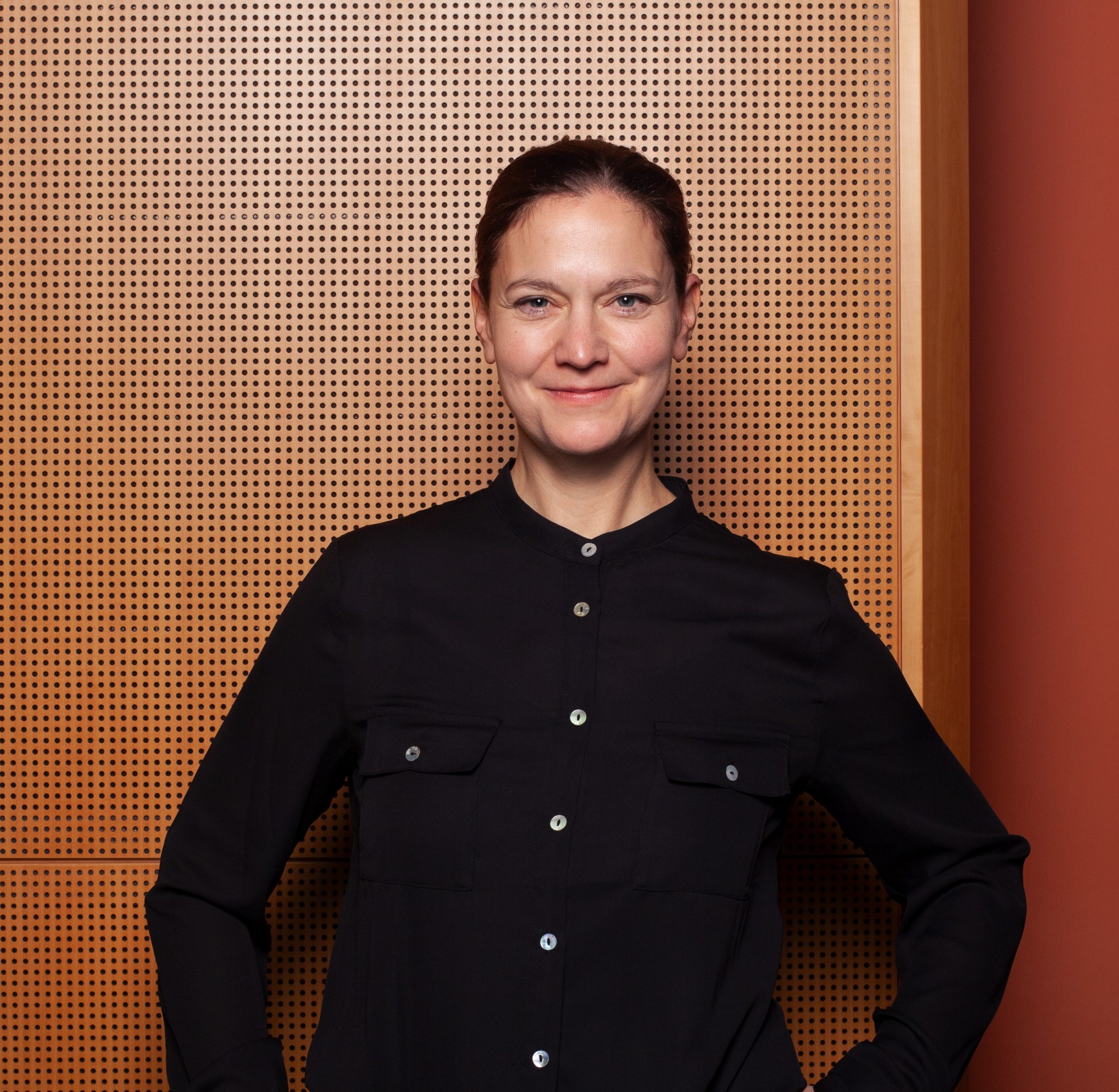Abstract
Prof. Dr. Tobias Rudolph1Prof. Dr. P. Goerke-Mallet1, A. Janzen1Dr. A. Müterthies2Dr. K. Pakzad2,
S. Teuwsen2, C.H. Yang2, V. Spreckels3Dr. L. Vehling4
1Technische Hochschule Georg Agricola – Forschungszentrum Nachbergbau, Bochum, 2EFTAS Fernerkundung Technologietransfer GmbH, Münster, 3RAG AG, Essen, 4E.ON SE, Essen
The responsible handling of mining structures includes the establishment and development of an integrated risk management system within a mining cycle. It is therefore important to obtain up-to-date information on the mining elements, their condition and possible effects on the surface using various monitoring methods.
Gas leaks, be it mine gas leaks in hard coal mining, natural gas leaks in hydrocarbon provinces, but also possible technical gas losses in the exploration and production of oil and gas deposits or in the operation of underground storage facilities, have so far been monitored in particular with terrestrial measuring methods. The temporally and spatially high-resolution monitoring of often large areas represents a great challenge for financial and technical reasons. Remote sensing methods such as the detection of gas leaks by helicopter-supported infrared laser measurements can serve to increase the spatial resolution and are already in operational use. A not only spatially, but also temporally high-resolution monitoring of possible technical gas leakages, as required for a comprehensive long-term monitoring, is hardly realizable with these methods. However, new developments in satellite remote sensing and drone based measurement methods offer hardly used potentials for the monitoring of gas leaks.
Monitoring by means of satellite remote sensing methods generates sensor data which are to be validated with in-situ data sets. In the project "Joint Monitoring in Old Mining" the elements of old and post-mining, the possible events and the parameters for detection and the possibility of measuring the events were considered in an integrated way for the old companies of the coal mining industry in the southern Ruhr area in a first project phase. In the second project phase, radar data from the EU-Copernicus programme were used to detect ground movements using radar-interferometric PSI and DSI methods. Innovative methods for early integration of surface use were applied to achieve a better classification and significance analysis of ground motion. The evaluation process was additionally enriched with old and post-mining in-situ data. The project "Joint Monitoring in Old Mining" thus offers the possibility to answer questions concerning old and post-mining in the future within the framework of an integrated risk management system.
The WebSeminar will show which current methods of satellite and drone based geomonitoring can be used to make integrated statements for site monitoring. Geomonitoring fully integrated into the mining life cycle is thus a key to the success of operator responsibility in mining.


